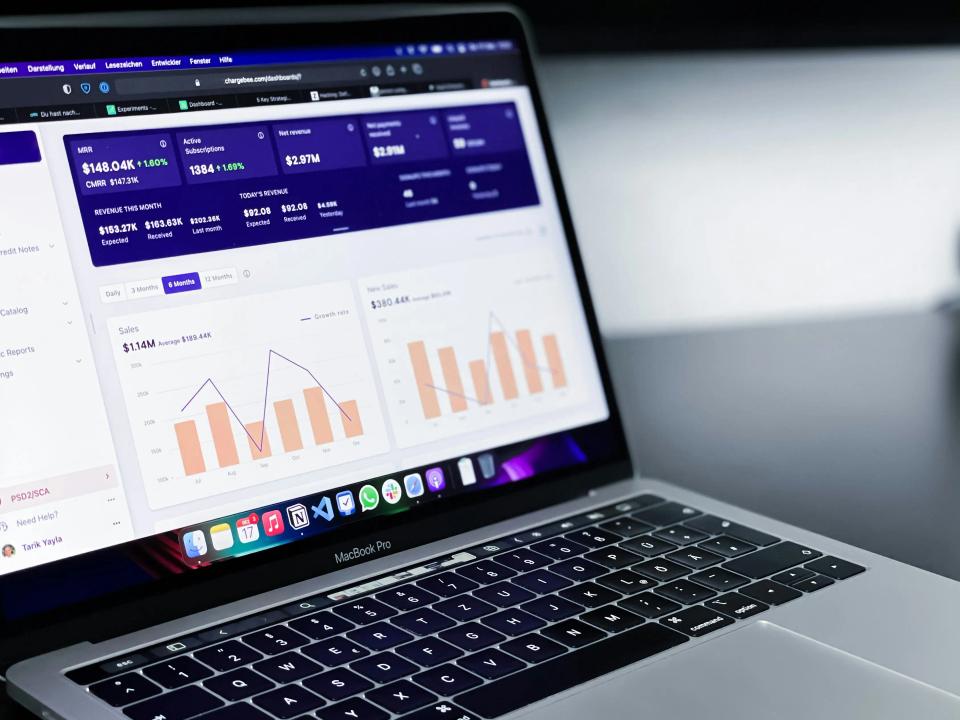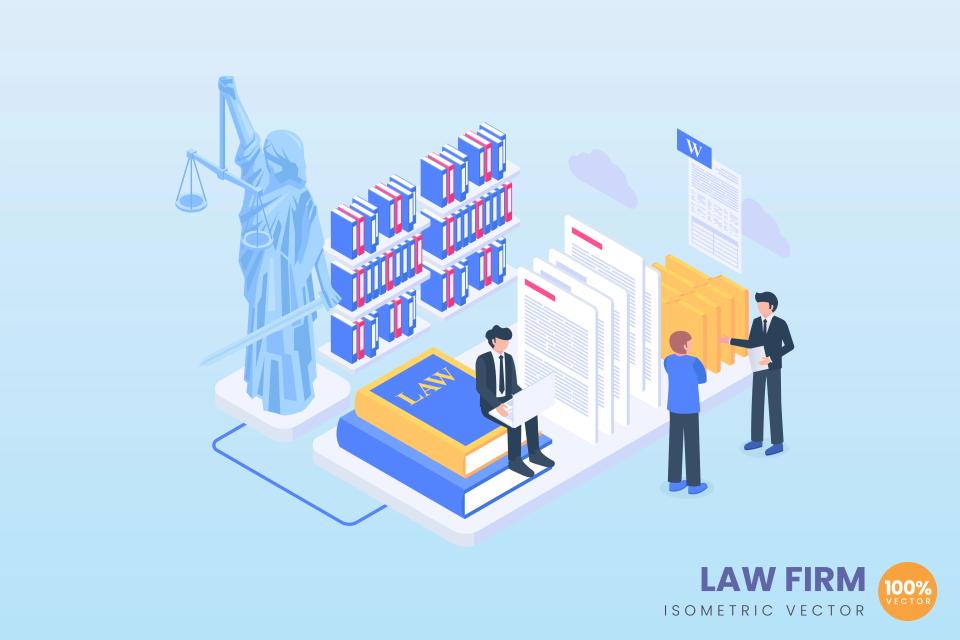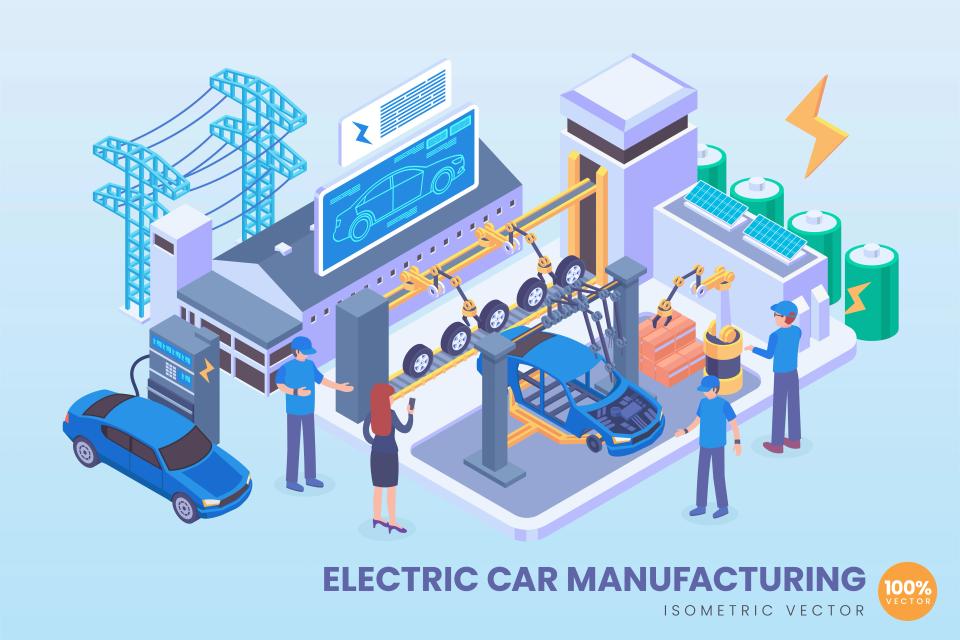Artificial Intelligence (AI) is fundamentally reshaping the digital marketing landscape. Its integration goes beyond simple task automation, offering sophisticated capabilities that enhance strategic decision-making and campaign effectiveness. Understanding how to leverage AI automation is becoming essential for businesses aiming to maintain a competitive edge.
The current state of marketing automation often involves rule-based systems for tasks like email sequences or social media posting. While beneficial, these systems lack the adaptive learning capabilities of AI. AI introduces predictive analytics, deep learning, and natural language processing, enabling automation that is not just efficient, but intelligent and responsive to dynamic market conditions.
Incorporating AI automation into marketing strategies is no longer a futuristic concept but a present-day necessity. Businesses need these tools to process vast amounts of data, deliver highly personalized customer experiences, and optimize campaign performance in real-time. Failing to adopt AI risks falling behind competitors who are already harnessing its power for smarter, more effective marketing.
Understanding AI Automation in Digital Marketing
Definition and Core Concepts
AI automation in marketing refers to the use of artificial intelligence technologies to automate marketing tasks, analyze data, make predictions, and personalize customer interactions at scale. It moves beyond simple automation by incorporating algorithms that learn and adapt over time. This allows marketing systems to make decisions previously requiring human judgment.
Key technologies driving this evolution include machine learning (ML), natural language processing (NLP), computer vision, and predictive analytics. ML algorithms identify patterns in data to forecast outcomes or segment audiences. NLP enables machines to understand and generate human language for applications like chatbots and content creation, while predictive analytics uses historical data to anticipate future customer behavior or campaign results. A significant portion of marketers, estimated around 61% by some studies, already report using AI in their strategies (Source: Statista).
Different types of AI applications manifest across the marketing spectrum. These range from AI-powered recommendation engines suggesting products, to dynamic pricing algorithms adjusting costs based on demand, and automated systems managing complex advertising bids across multiple platforms. Each application aims to enhance efficiency, precision, and overall marketing impact.
Benefits of AI-Powered Marketing
One of the most immediate benefits of implementing AI in marketing is improved efficiency and productivity. AI tools can handle repetitive, data-intensive tasks such as audience segmentation, A/B testing analysis, and report generation far faster than human teams. This frees up marketers to focus on higher-level strategy, creativity, and relationship building. Studies suggest AI can increase business productivity by up to 40% (Source: Accenture).
AI significantly enhances personalization capabilities, allowing brands to deliver tailored experiences to individual consumers at scale. By analyzing vast datasets encompassing browsing history, purchase behavior, and demographic information, AI can predict user preferences and deliver relevant content, offers, and recommendations in real-time. This level of personalization fosters stronger customer engagement and loyalty.
Furthermore, AI facilitates truly data-driven decision-making. Marketing decisions traditionally relied on historical data analysis and intuition; AI introduces predictive modeling and real-time insights. Marketers can leverage AI to forecast campaign performance, identify emerging trends, and allocate budgets more effectively based on anticipated ROI, leading to more strategic and successful initiatives. This shift towards predictive insights is crucial for navigating complex market dynamics.
Finally, AI contributes to significant cost optimization. Automating tasks reduces labor costs, while optimized ad spending ensures marketing budgets are allocated to the most effective channels and tactics. AI-driven predictive analytics also helps minimize wasted resources on poorly performing campaigns, maximizing overall marketing return on investment.
Key Areas Where AI is Transforming Digital Marketing
Content Creation and Optimization
AI is making substantial inroads into content creation, offering tools that can generate draft articles, product descriptions, email copy, and social media updates. While human oversight remains crucial for quality and brand voice, AI significantly accelerates the initial drafting process. These tools analyze top-performing content structures and topics to suggest relevant ideas or generate foundational text.
Beyond generation, AI excels at smart content curation and personalization. Algorithms can analyze user behavior and preferences to dynamically assemble and recommend relevant content from a larger pool. This ensures audiences receive information tailored to their specific interests and stage in the customer journey, increasing engagement and relevance.
AI-powered platforms also automate critical aspects of SEO optimization. They can analyze search trends, identify relevant keywords, assess competitor strategies, and even suggest on-page optimizations to improve search engine rankings. This automation helps ensure content is discoverable and performs well organically, reducing manual SEO workload. Some platforms report users seeing significant traffic increases through AI-driven SEO recommendations.
Customer Segmentation and Targeting
AI enables far more sophisticated customer segmentation than traditional methods allow. Machine learning algorithms can analyze complex datasets to identify subtle patterns and group audiences based on nuanced behavioral indicators, predictive lifetime value, or likelihood to churn. This moves beyond simple demographics to create highly specific and actionable segments.
Behavioral prediction models are a cornerstone of AI-powered targeting. By analyzing past actions and comparing them across large user bases, AI can predict future behaviors, such as purchase intent or channel preference, with increasing accuracy. Marketers can use these predictions to proactively target customers with the right message at the optimal moment. Research indicates personalized calls to action convert over 200% better than default versions (Source: HubSpot).
This predictive capability fuels real-time personalization across various touchpoints. Websites can dynamically alter content based on visitor profiles, email campaigns can feature individually recommended products, and advertising can be adjusted instantly based on user interactions. This ensures a consistently relevant and engaging experience for each customer.
Ad Campaign Management
In paid advertising, AI is revolutionizing campaign management through automated bid management. AI algorithms analyze performance data in real-time, adjusting bids across platforms like Google Ads or social media to maximize ROI based on predefined goals (e.g., conversions, clicks). This replaces manual bidding, which is often inefficient for large-scale campaigns.
AI tools also contribute to creative optimization by analyzing which ad creatives (images, headlines, copy) perform best with specific audience segments. Some platforms can even generate variations of ad components or suggest improvements based on performance data. This data-driven approach helps refine ad messaging for maximum impact.
Performance prediction models allow marketers to forecast campaign outcomes with greater accuracy. By analyzing historical data and market trends, AI can estimate key metrics like click-through rates, conversion rates, and cost per acquisition. This foresight aids in budget allocation and strategic planning. Furthermore, AI automates A/B testing at scale, rapidly testing numerous variations of ads or landing pages to identify top performers without extensive manual setup and analysis.
Customer Experience and Support
AI-powered chatbots and virtual assistants are increasingly common tools for enhancing customer experience and providing instant support. These bots can handle frequently asked questions, guide users through processes, and resolve simple issues 24/7, freeing up human agents for more complex inquiries. Advances in NLP make these interactions feel more natural and helpful.
AI also automates personalized customer communication, such as email responses and follow-ups. Systems can analyze incoming customer emails, categorize intent, and draft appropriate replies or route inquiries to the correct department. This speeds up response times and ensures consistent communication.
Personalized recommendations, often powered by AI engines, are crucial for platforms like e-commerce sites and streaming services. By analyzing user history and similar user profiles, AI suggests products, articles, or media that align with individual tastes. This not only improves user experience but also drives conversions and engagement. Companies using advanced personalization report significant revenue increases.
Implementing AI Automation in Your Marketing Strategy
Getting Started
The first step in implementing AI automation is assessing your current marketing technology stack and processes. Understand the tools you already use, the data you collect, and where inefficiencies or limitations exist. This assessment provides a baseline and highlights areas ripe for AI enhancement.
Next, identify specific automation opportunities that align with your business goals. Focus on tasks that are repetitive, data-intensive, or where personalization could significantly improve results. Prioritize opportunities based on potential impact and feasibility, starting with smaller, manageable projects to build momentum and experience.
Choosing the right AI tools is critical. Evaluate potential solutions based on their specific capabilities, ease of integration with your existing systems, scalability, vendor support, and cost. Consider starting with platforms that offer specialized AI features within a familiar marketing domain, such as email marketing or advertising platforms with built-in AI optimization.
Best Practices
Effective AI implementation relies heavily on robust data collection and management practices. Ensure you are collecting clean, relevant data and have processes in place for data governance, privacy compliance (like GDPR and CCPA), and storage. The quality and accessibility of your data will directly impact the performance of AI algorithms.
Seamless integration with existing marketing systems (CRM, analytics platforms, etc.) is crucial for maximizing the value of AI tools. Plan for integration challenges and ensure data can flow smoothly between systems. A fragmented tech stack can hinder the effectiveness of AI automation.
Prepare your team for the adoption of AI through adequate training and adaptation support. Marketers need to understand how AI tools work, how to interpret their outputs, and how their roles might evolve. Foster a culture of collaboration between human expertise and AI capabilities. Continuous performance monitoring and iteration are essential; regularly track key metrics, analyze results, and refine your AI models and strategies based on real-world performance data.
Real-World Applications and Case Studies
Success Stories
Numerous companies across industries have successfully implemented AI automation in their marketing efforts. For example, e-commerce businesses often use AI for dynamic pricing and personalized product recommendations, leading to documented increases in conversion rates and average order value. Streaming services leverage AI recommendation engines to boost user engagement and reduce churn, demonstrating the power of personalized content delivery.
Measurable results often include significant improvements in campaign ROI, higher customer engagement rates, reduced cost per acquisition, and increased marketing team productivity. Brands utilizing AI for ad bidding frequently report substantial savings in ad spend while achieving better outcomes. These quantifiable successes underscore the tangible benefits of strategic AI adoption.
Key lessons learned from successful implementations often revolve around the importance of high-quality data, the need for clear objectives, and the value of starting small and scaling gradually. Companies also emphasize the necessity of ongoing monitoring and optimization, as AI models require continuous refinement to maintain peak performance in dynamic markets.
Common Challenges and Solutions
Despite the benefits, businesses often face implementation hurdles when adopting AI marketing tools. These can include the initial cost of technology, the complexity of integrating AI into existing workflows, and a shortage of personnel with the necessary data science skills. Overcoming these requires careful planning, phased implementation, and potentially partnering with external experts or vendors.
Data privacy concerns are paramount when using AI, which relies on vast amounts of customer data. Businesses must ensure strict compliance with regulations like GDPR and CCPA, be transparent about data usage, and implement robust security measures. Building customer trust through ethical data handling is non-negotiable.
Integration issues between new AI platforms and legacy systems are another common challenge. Solutions involve choosing AI tools with strong API capabilities, investing in middleware solutions if necessary, and dedicating technical resources to manage the integration process effectively. A well-planned integration strategy minimizes disruption and maximizes data flow.
Future Trends in AI Marketing Automation
The field of AI marketing automation is rapidly evolving, with several emerging technologies poised to make a significant impact. Advances in generative AI (like GPT-4 and beyond) promise even more sophisticated content creation and chatbot interactions. Explainable AI (XAI) aims to make AI decision-making processes more transparent and understandable to marketers.
Predicted developments include hyper-personalization at an unprecedented scale, where AI anticipates individual customer needs before they are explicitly stated. We can also expect more seamless integration of AI across all marketing channels, creating truly unified customer experiences. The use of AI for predictive market trend analysis will likely become more sophisticated, offering deeper strategic insights.
To prepare for these future changes, marketers should prioritize continuous learning and experimentation with new AI tools and techniques. Building data literacy within marketing teams will be crucial. Businesses should also focus on developing agile technology infrastructures that can readily incorporate new AI capabilities as they emerge, ensuring they remain adaptable and competitive.
Practical Tips for Marketers
Selecting the Right AI Tools
When evaluating AI marketing tools, establish clear criteria based on your specific needs and goals. Consider factors such as the tool's core functionality (e.g., personalization, analytics, automation), ease of use, integration capabilities, scalability, vendor reputation, and customer support. Ensure the tool aligns with your team's technical expertise.
Explore popular platforms and solutions relevant to your marketing focus areas. Many established marketing clouds (like Adobe Marketing Cloud, Salesforce Marketing Cloud) offer integrated AI features. Specialized AI vendors also provide point solutions for specific tasks like content optimization (e.g., MarketMuse, Clearscope) or ad management (e.g., Albert AI, Phrasee).
Cost considerations are vital. AI tools range from affordable SaaS solutions to enterprise-level platforms with significant investment requirements. Evaluate pricing models (subscription, usage-based), calculate potential ROI, and consider starting with free trials or lower-cost options to test capabilities before committing significant budget.
Measuring Success
Define clear Key Performance Indicators (KPIs) to measure the success of your AI marketing initiatives. These KPIs should align directly with your business objectives and might include metrics like conversion rate improvement, reduction in cost per lead/acquisition, increase in customer lifetime value, website engagement metrics, or marketing team efficiency gains.
Implement robust ROI tracking mechanisms to quantify the financial impact of AI automation. Compare the costs of implementing and running AI tools against the measurable benefits they deliver, such as increased revenue, cost savings, or improved efficiency. Demonstrating positive ROI is crucial for justifying continued investment in AI.
Continuously monitor performance against your defined KPIs and use the insights gained to optimize your strategies. AI models often require ongoing tuning and refinement based on real-world data. Regularly review results, experiment with different approaches, and adapt your use of AI tools to maximize their effectiveness over time.
Conclusion
AI automation offers transformative potential for digital marketing, enabling unprecedented levels of efficiency, personalization, and data-driven decision-making. From content creation and customer segmentation to ad management and customer support, AI tools are reshaping how businesses connect with their audiences. Embracing these technologies is key to building smarter, more effective marketing campaigns.
The journey begins with understanding your current capabilities, identifying strategic opportunities, and selecting the right tools. Successful implementation requires careful planning, robust data practices, seamless integration, team adaptation, and continuous performance monitoring. While challenges exist, the benefits of enhanced productivity, deeper customer insights, and optimized resource allocation are substantial.
As AI continues to evolve, staying informed about emerging trends and preparing for future advancements is essential. Marketers who proactively integrate AI into their strategies will be best positioned to thrive in the increasingly complex and competitive digital landscape. The future of marketing is intelligent, automated, and personalized – powered by AI.













